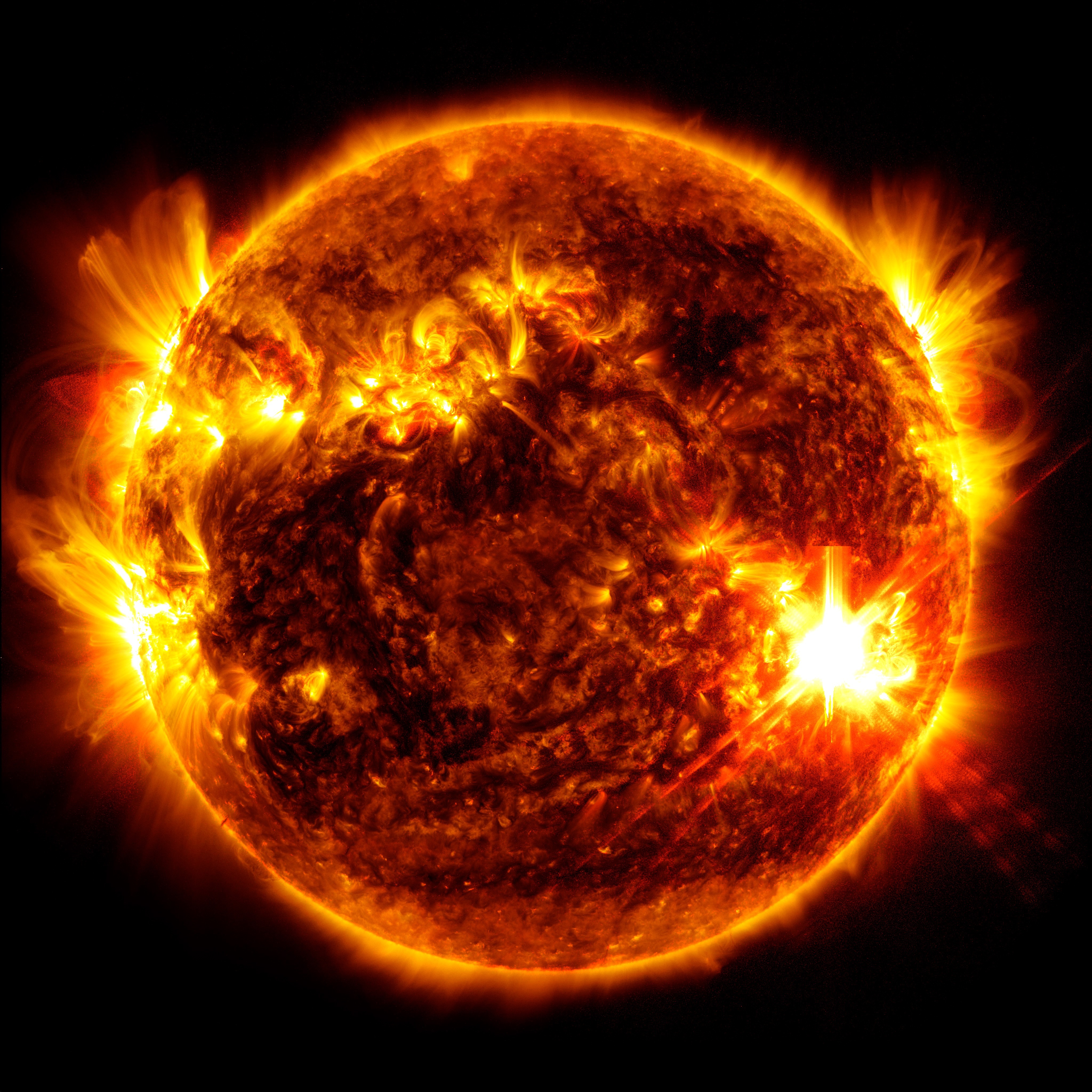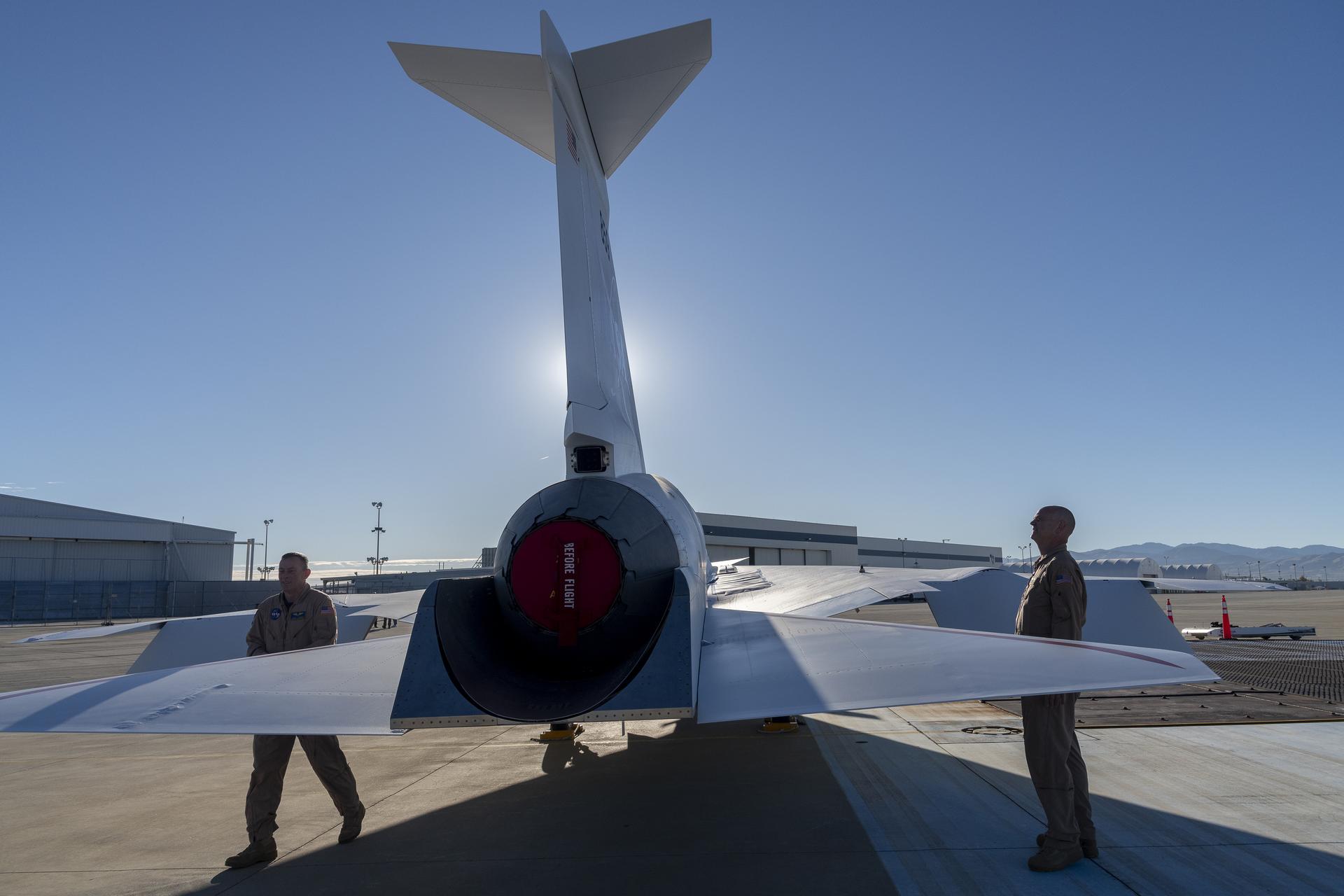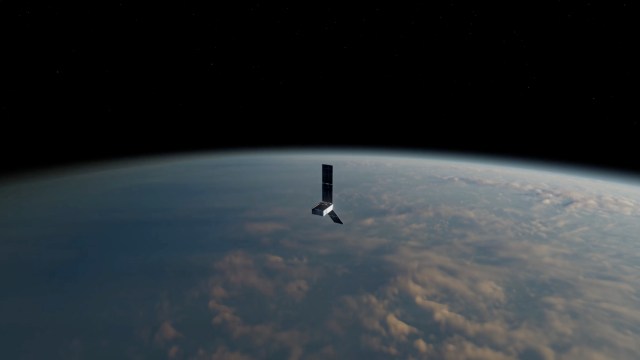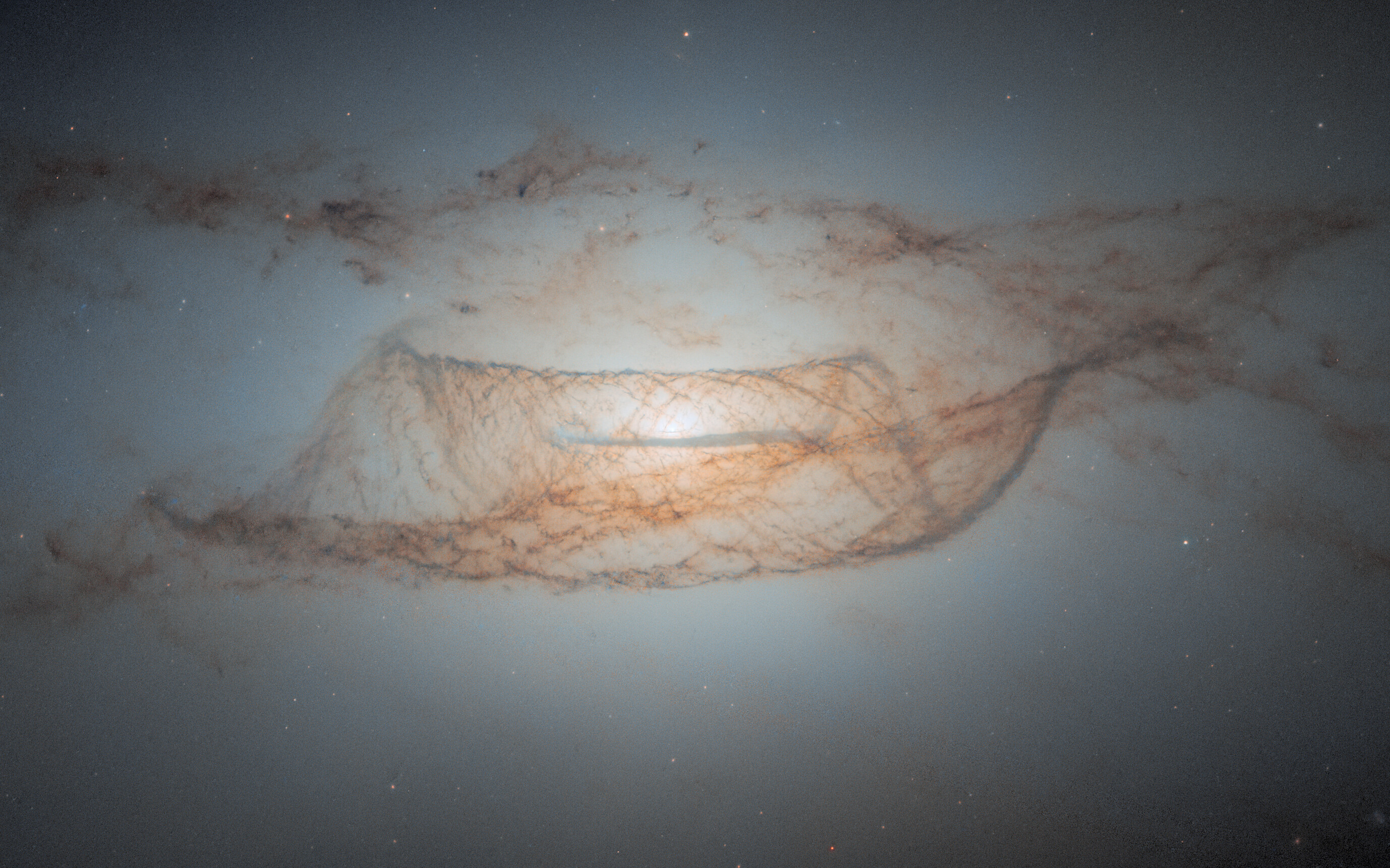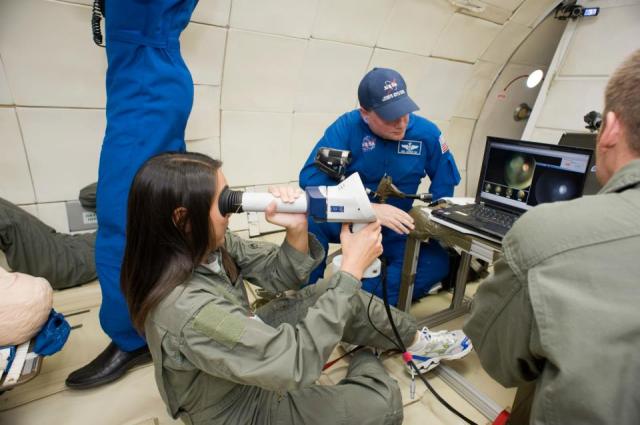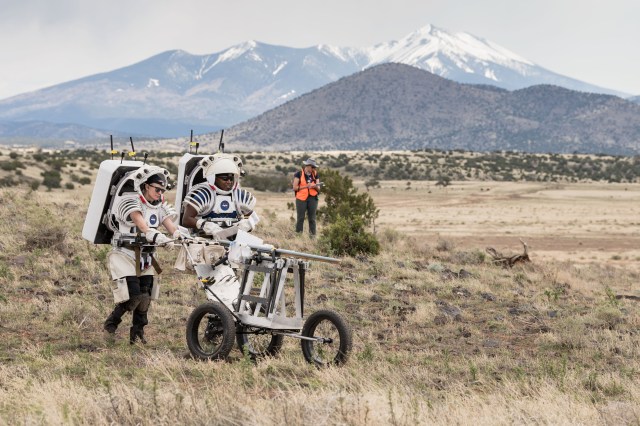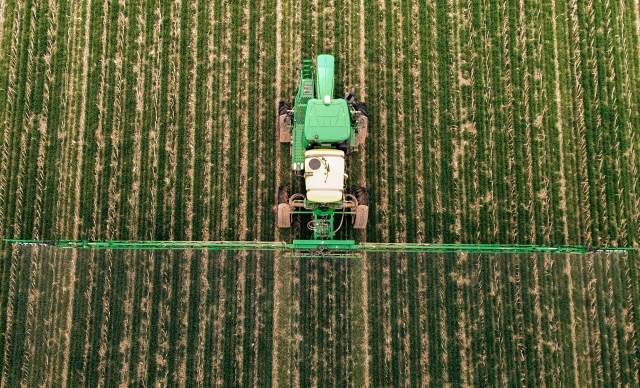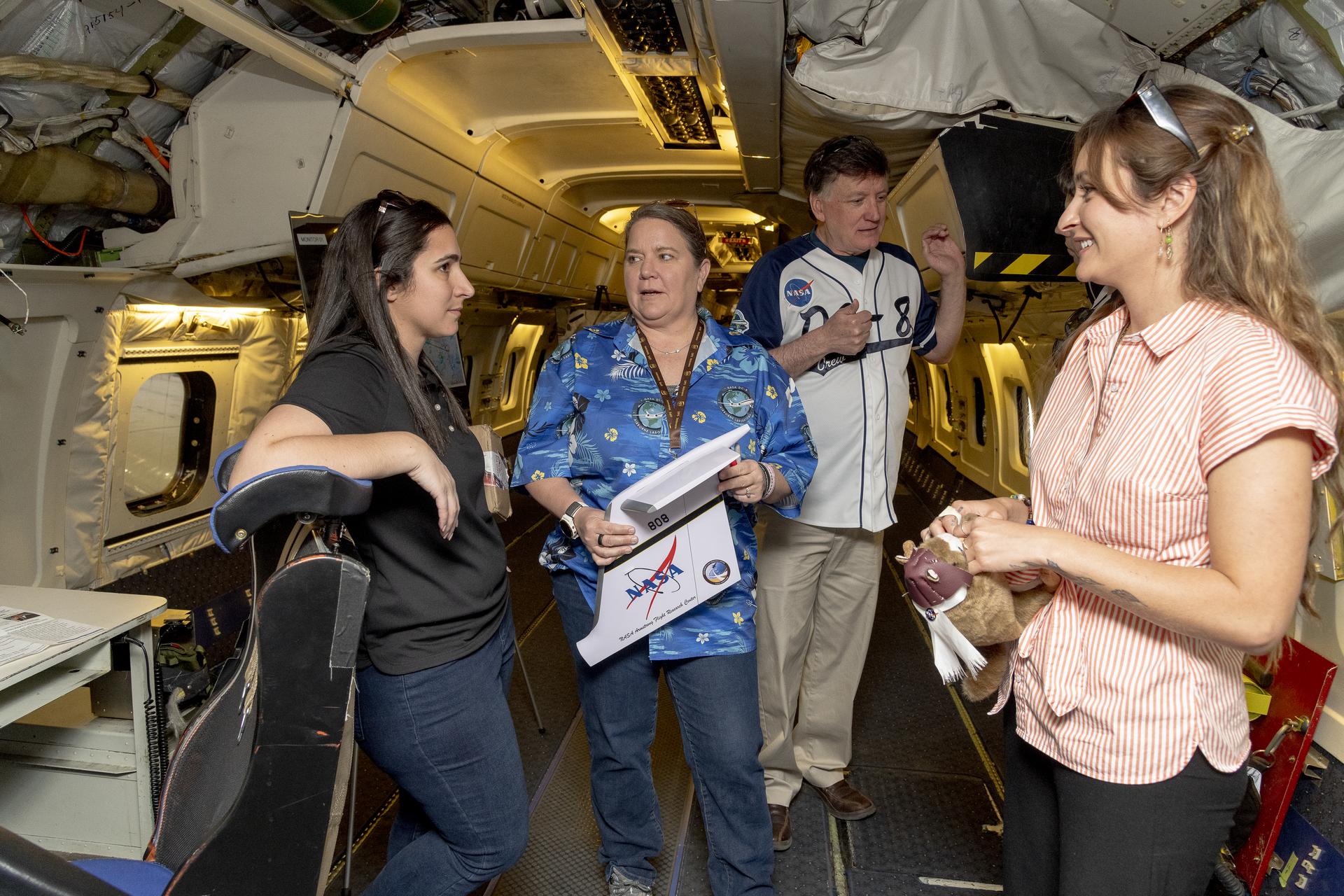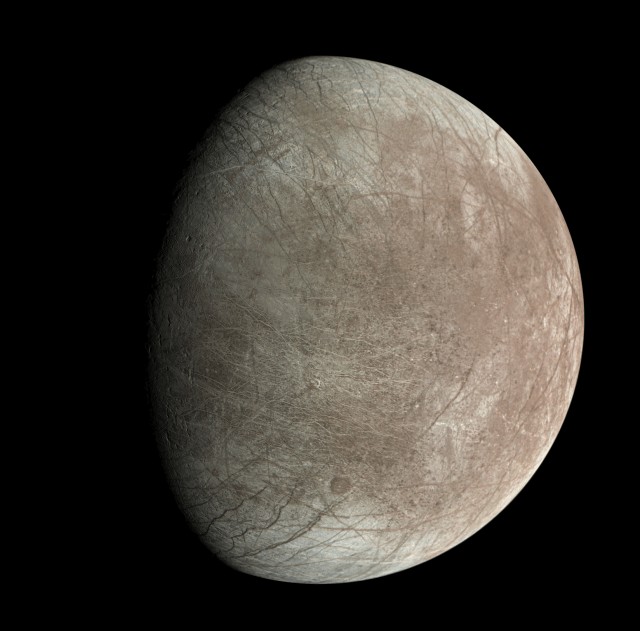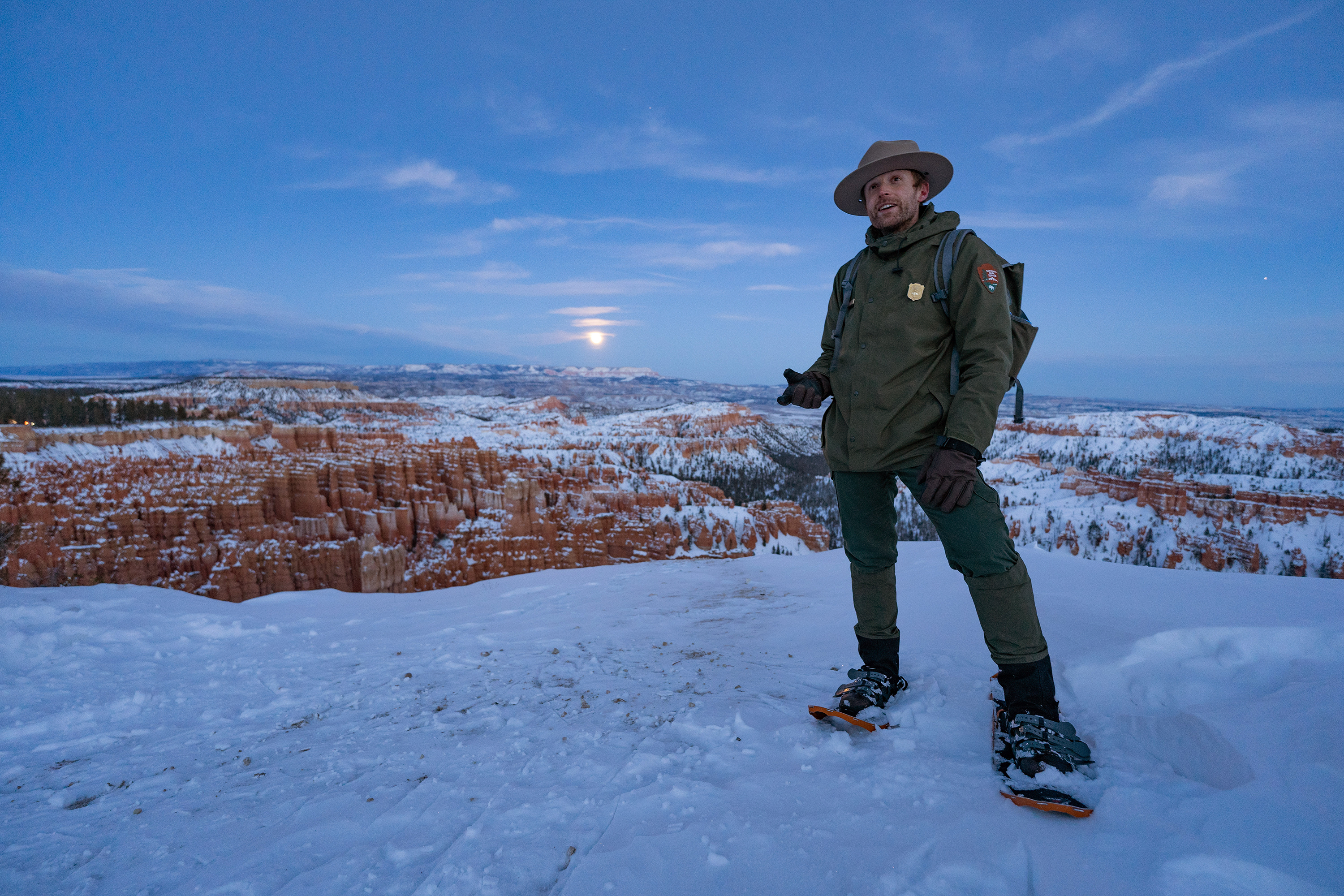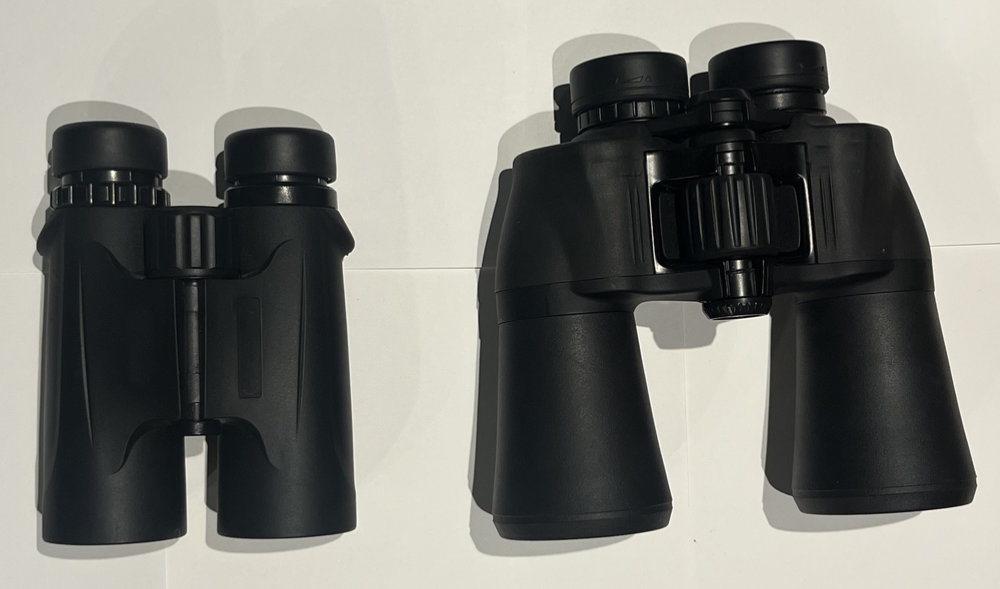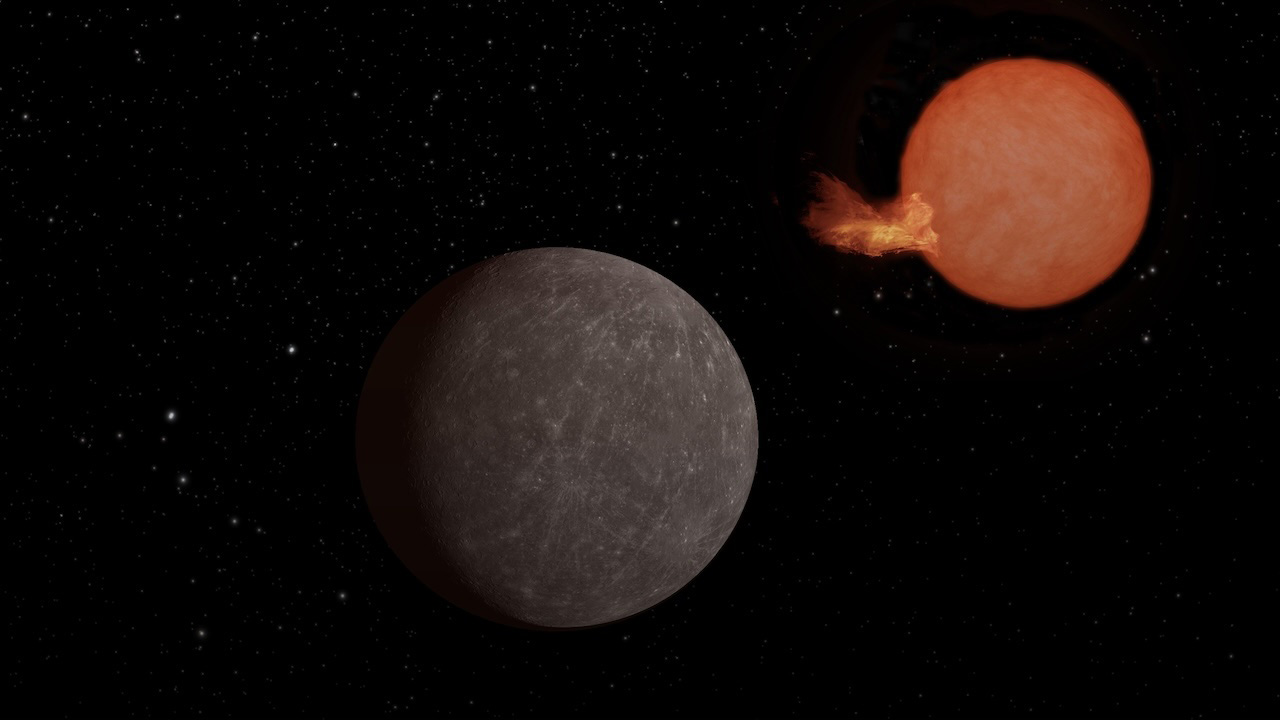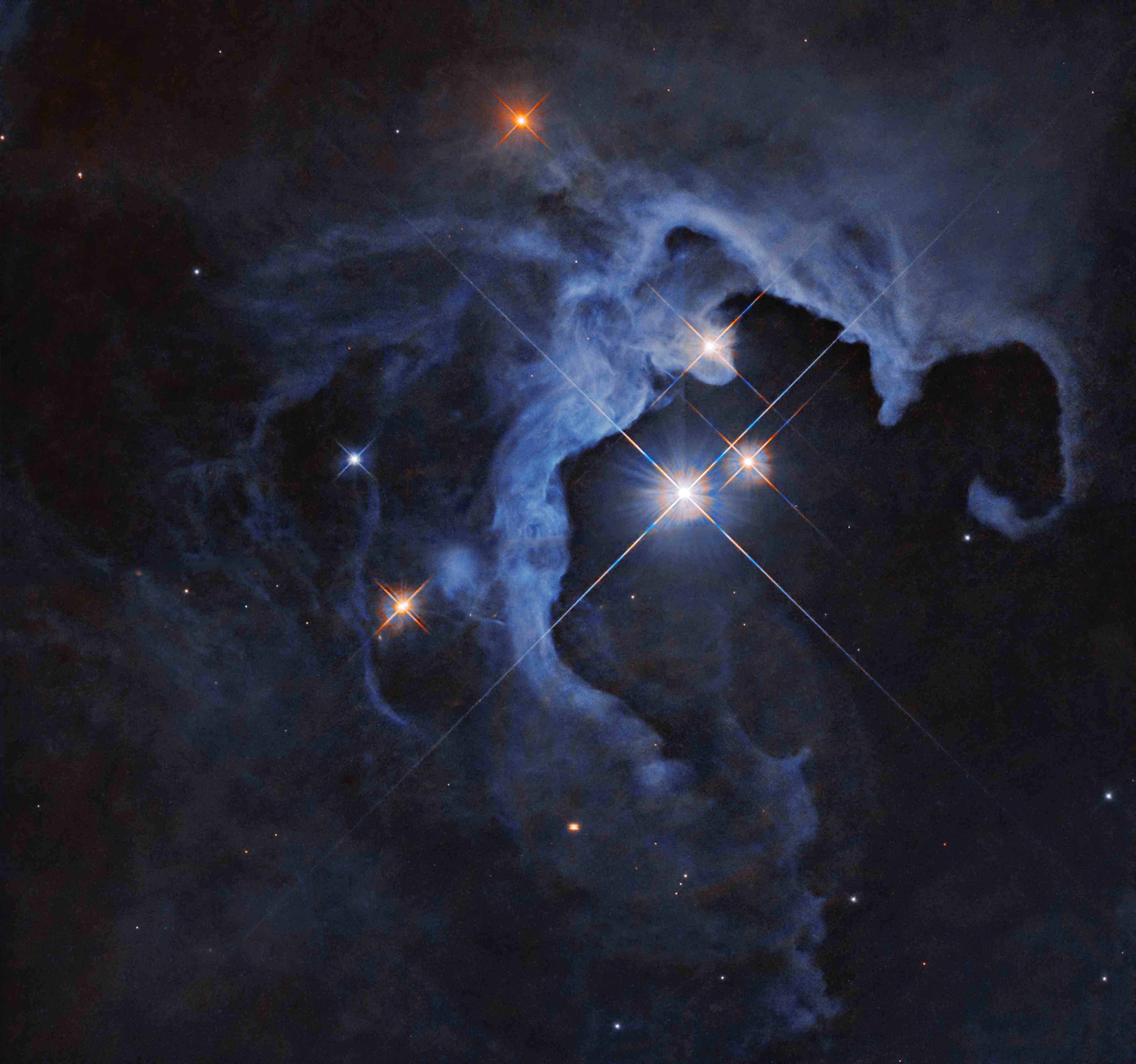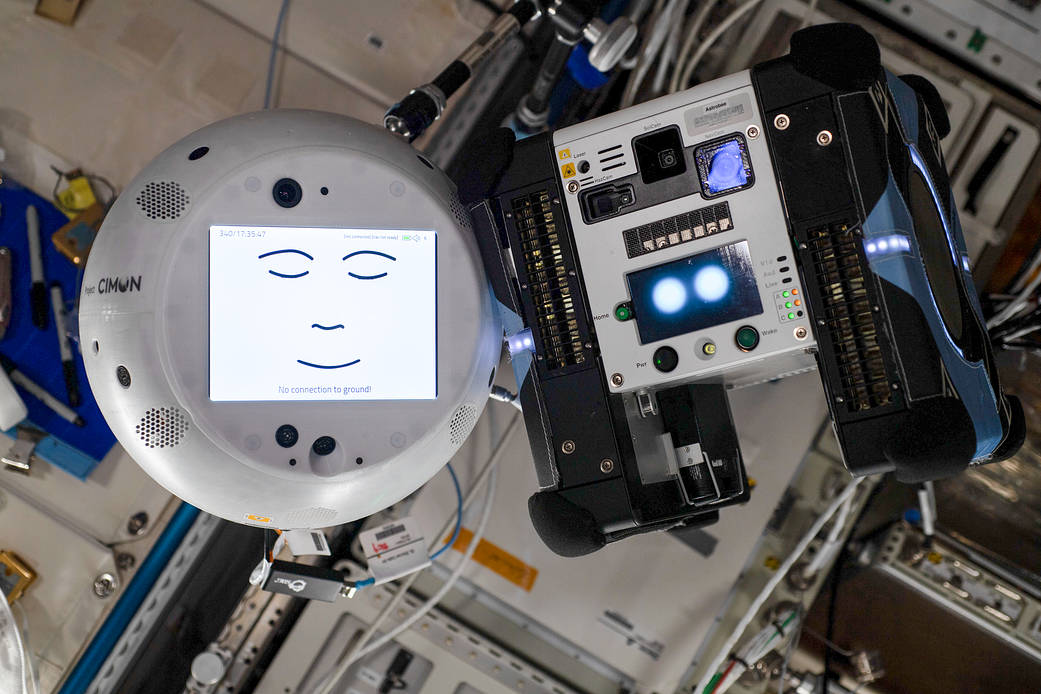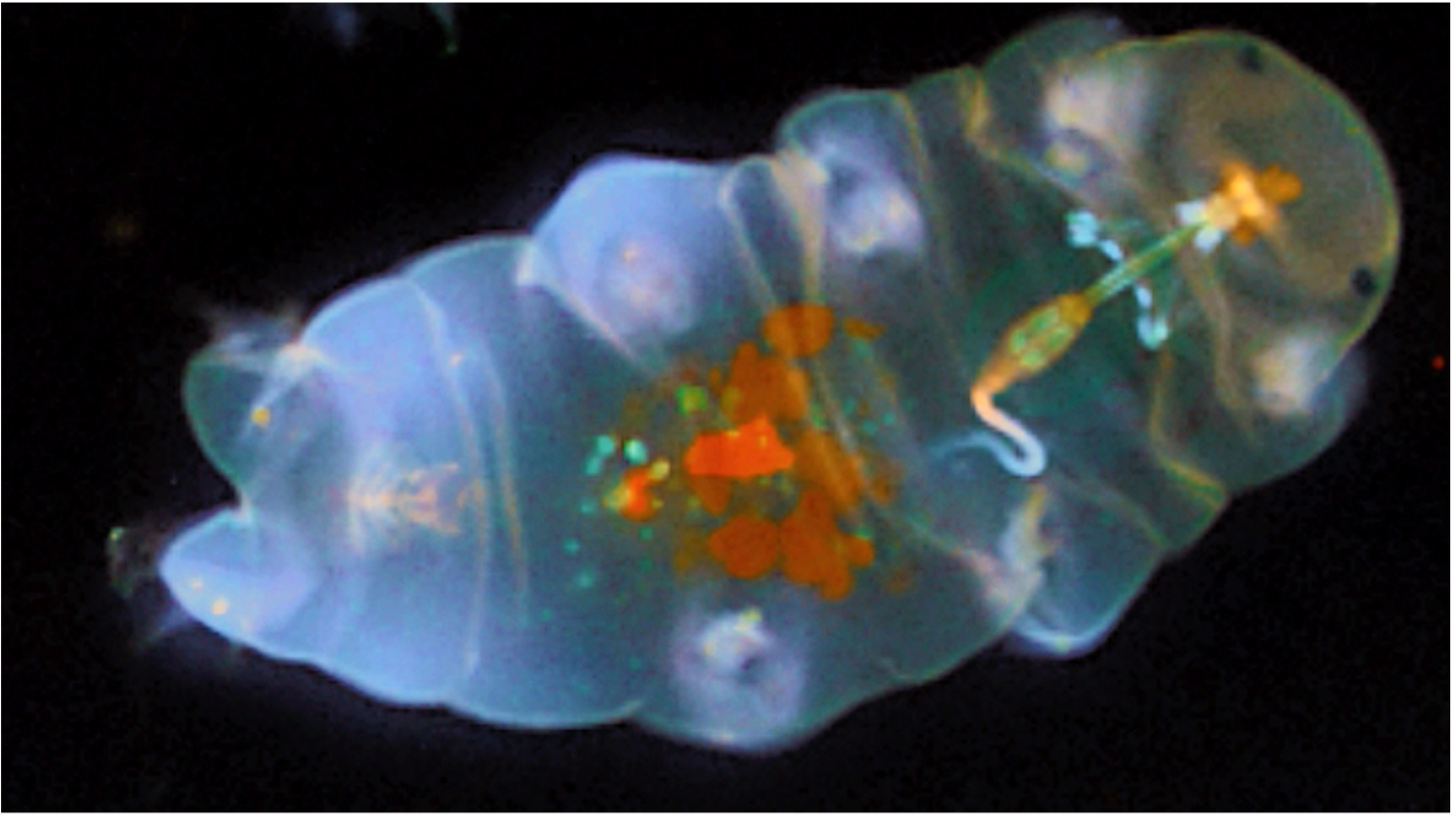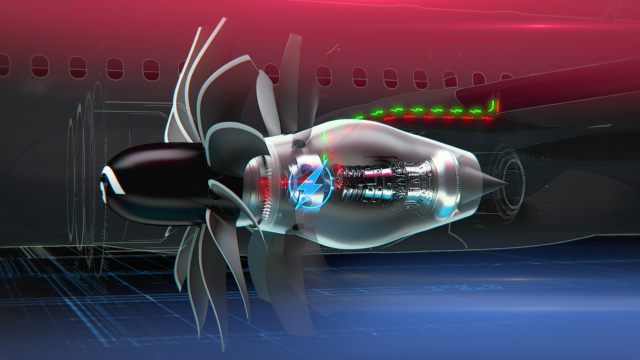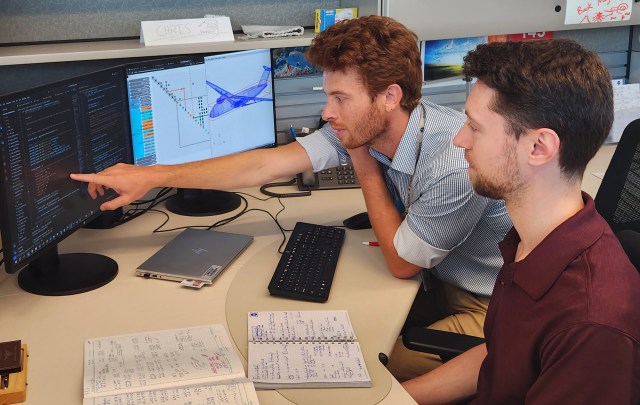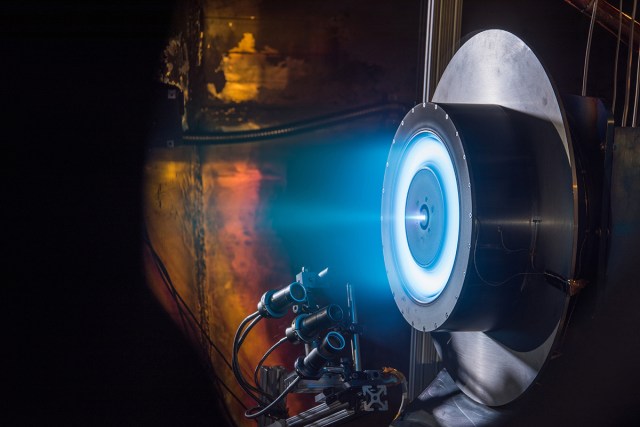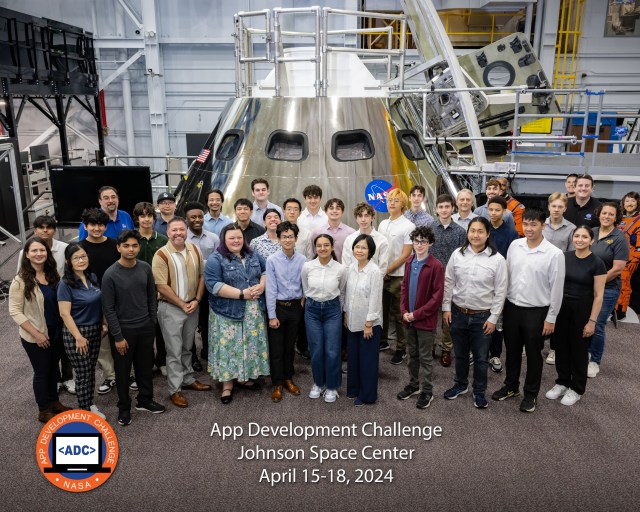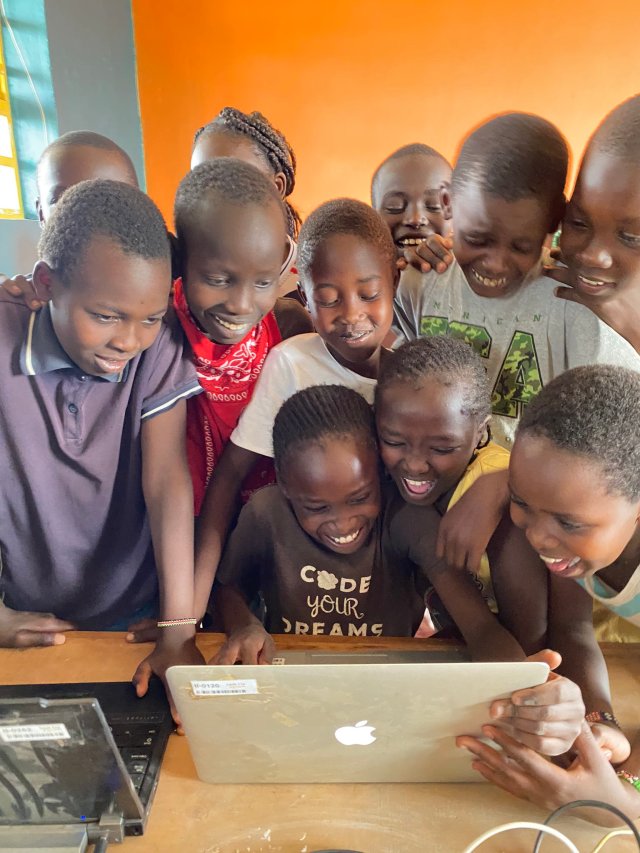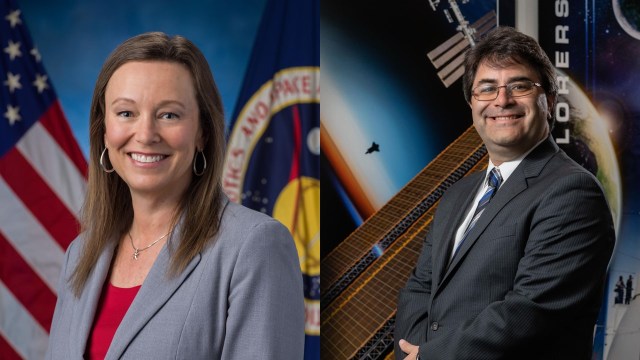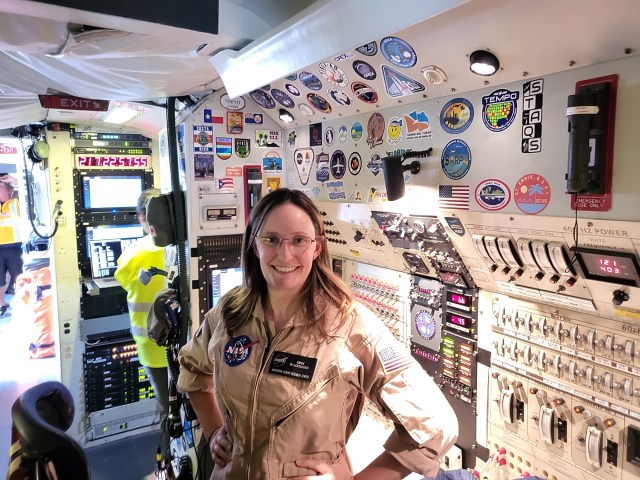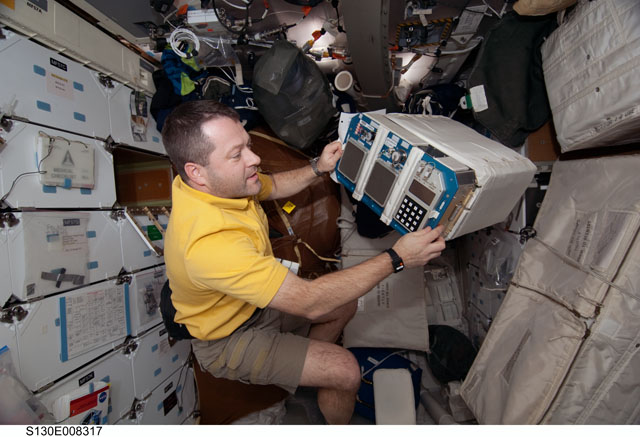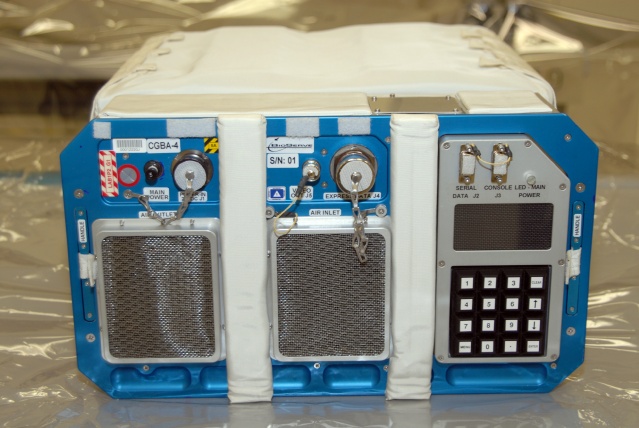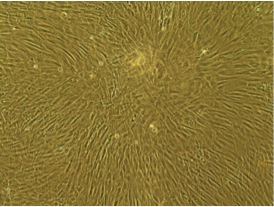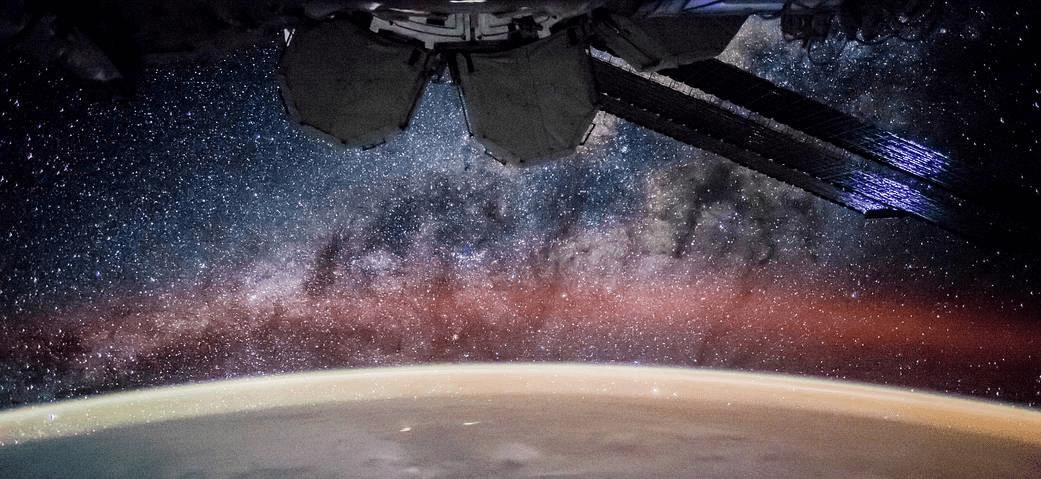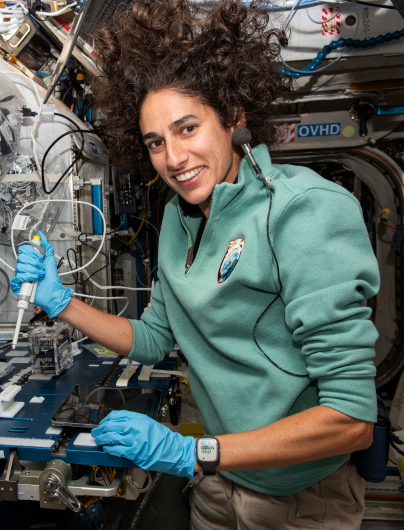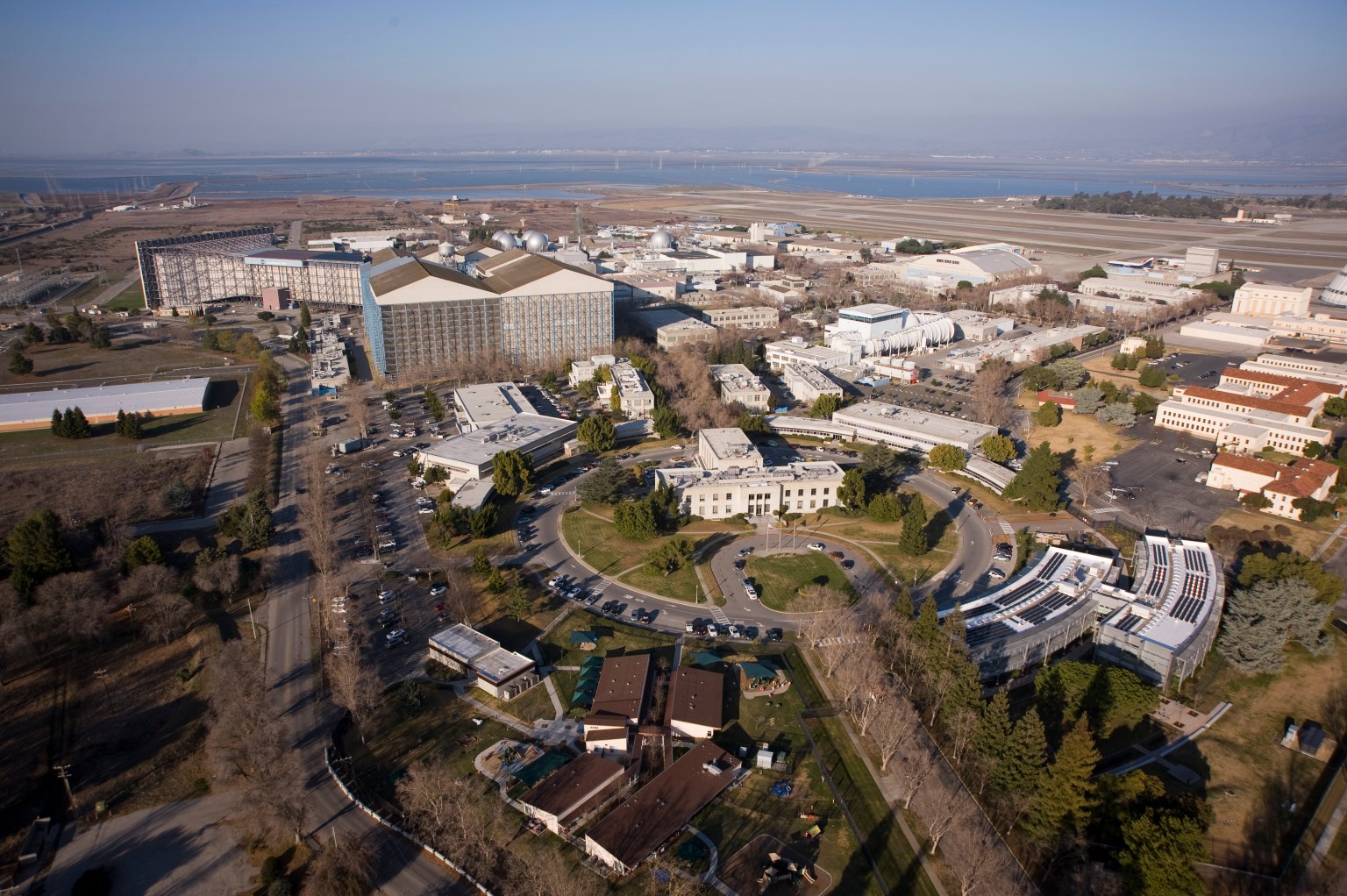Micro-7 (SpaceX-3)
MicroRNA Expression Profiles in Cultured Human Fibroblasts in Space
Micro-7 is the first spaceflight study of gene and microRNA expression in confluent (non-dividing) cells. The study is also an investigation of how spaceflight affects the response of non-dividing cells to DNA damage.
Most of the cells in the human body are in a non-dividing state known as the G-1 phase of the cell cycle. Fibroblasts are the most common type of cell in human connective tissue. Studying how spaceflight affects non-dividing fibroblast cell cultures will help reveal the root causes of spaceflight-induced changes to living tissues, organs, and whole-body systems.
The data from Micro-7 will provide insight into how gene expression regulates cellular adaptation to spaceflight and the specific role of microRNA in this process.
Missions conducted in deep space—such as a mission to Mars—will expose astronaut crew to higher levels of DNA-damaging radiation than are encountered on Earth or in low Earth orbit. Knowledge of how cells adapt to spaceflight and whether microgravity affects cellular response to DNA damage is important for assessing future health risks for astronauts and predicting mutation rates for microorganisms.
Micro-7 launched to the International Space Station aboard SpaceX-3 on April 18, 2014.
During the study, cultures of non-dividing human fibroblasts will be incubated aboard the station in a Commercial Generic Bioprocessing Apparatus developed by BioServe Space Technologies at the University of Colorado Boulder. Station crew will add bleomycin—a chemical that induces DNA damage—to some of the cell culture samples. At the end of the experiment, station crew will freeze the fibroblast cultures and place them aboard the SpaceX-3 Dragon spacecraft for return and post-flight analysis by researchers on Earth.
Project Scientist: Fathi Karouia, Ph.D., Univerisity of California San Francisco, NASA Ames Research Center
Principal Investigator: Honglu Wu, Ph.D., NASA Johnson Space Center
Payload Developer and Integrator: BioServe Space Technologies, University of Colorado Boulder
Project Support: Space Biology Project at Ames. Funding for Space Biology comes from the Space Life and Physical Sciences Research and Applications Division within the Human Exploration and Operations Mission Directorate at NASA Headquarters.
For more information, see the Space Station Research Explorer for the Micro-7 mission.

